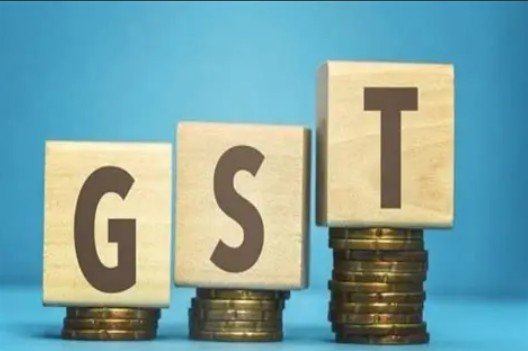GST 2.0: Boosting Livelihoods and Driving Growth in Uttar Pradesh
Lower tax rates from 12% to 5% to make artisanal products, sports goods, and cement more affordable, enhancing domestic sales, exports, and employment.
Uttar Pradesh’s diverse economy is set to benefit from the GST 2.0 reforms, which provide targeted relief across key sectors including GI-registered carpets, brassware, Zardozi embroidery, footwear, ceramics, sports goods, and cement. The move is expected to improve affordability for households, ease working-capital pressures for artisans, and enhance MSME competitiveness in domestic and international markets.
Iconic handicrafts such as Bhadohi carpets, Moradabad brassware, and Saharanpur woodcraft are expected to become 6–7% cheaper, boosting exports and sustaining lakhs of artisan jobs. Handmade carpets, for example, will benefit from the GST reduction from 12% to 5%, improving affordability and export competitiveness.
Leather and footwear clusters in the Kanpur–Agra belt, employing 1.5 million workers, will see improved MSME competitiveness and export potential. Similarly, Firozabad glassware, Khurja ceramics, Gorakhpur terracotta, and Lucknow Zardozi will gain from reduced costs, supporting fragile clusters and festival demand.
The Agra marble inlay craft (Parchinkari), closely linked to tourism and ODOP initiatives, will also benefit, making products more affordable for domestic buyers and tourists. Other crafts such as wooden toys from Varanasi, Chitrakoot, and Saharanpur, and sports goods from Meerut and Modinagar, will enjoy lower production costs, improved competitiveness, and strengthened employment.
In the industrial sector, the GST cut from 28% to 18% will spur growth in the cement industry across Mathura, Chunar, Firozabad, and Aligarh, benefiting around 15,000–20,000 direct workers and supporting ancillary services. The reforms are expected to reduce construction costs, improve competitiveness against imports, and encourage expansion in industrial plants and logistics.
Overall, GST 2.0 promises a significant boost to artisan livelihoods, MSME growth, exports, and industrial competitiveness, while making key products more affordable for consumers.




